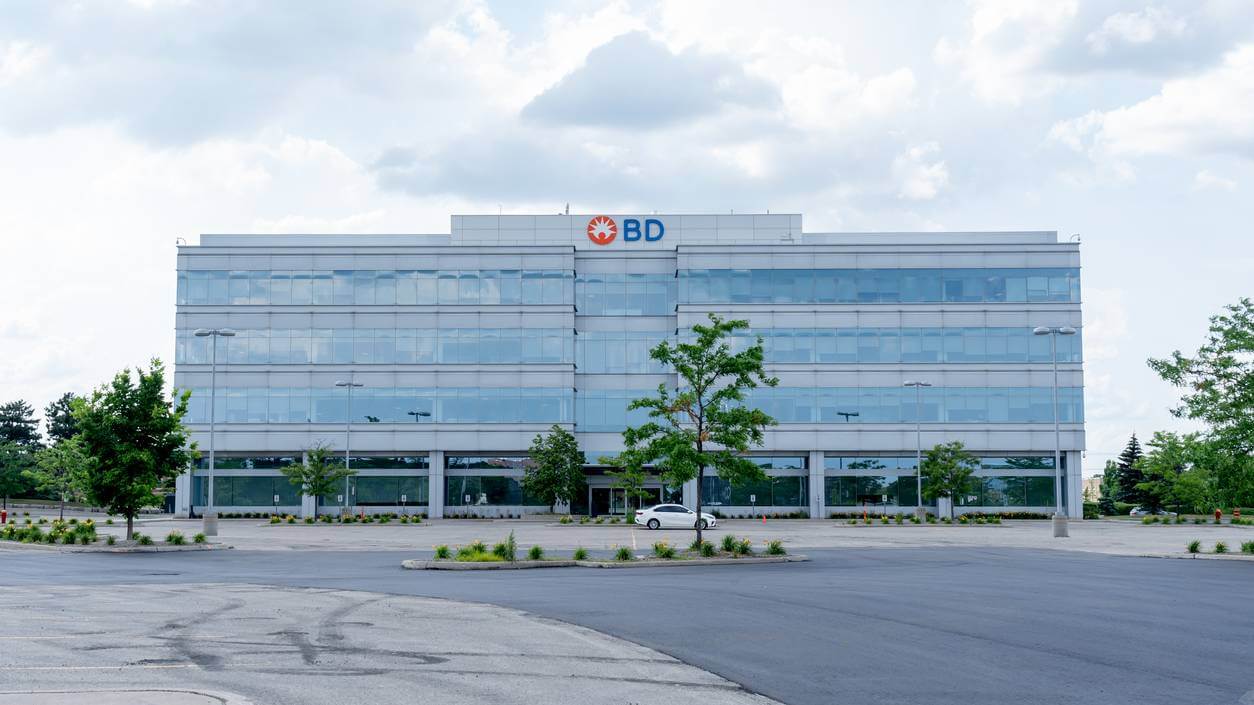Jury Orders Becton Dickinson to Pay $255K to Hernia Mesh Patient
Editors carefully fact-check all Drugwatch.com content for accuracy and quality.
Drugwatch.com has a stringent fact-checking process. It starts with our strict sourcing guidelines.
We only gather information from credible sources. This includes peer-reviewed medical journals, reputable media outlets, government reports, court records and interviews with qualified experts.

An Ohio Jury awarded thousands in damages to a hernia mesh patient and his wife in the latest federal bellwether trial against C.R. Bard and Becton Dickinson.
An April 2022 court filing shows Antonio Milanesi and his wife Alicia Morz De Milanesi were awarded $255,000, and $5,000 of the verdict was awarded for loss of consortium.
The verdict sends a clear message that Ventralex mesh is dangerous and defective, plaintiff’s lawyer Timothy O’Brien told Reuters in an email.
Milanesi had hernia repair surgery in 2007 with Bard’s Ventralex hernia repair mesh. His lawsuit claimed he had to undergo a second surgery in 2017 because the mesh was defective and caused a bowel abscess and infection.
This case was the second bellwether trial against Bard and a much-needed win for the plaintiffs. The first bellwether trial against Bard and Becton Dickinson took place in July 2021 and ended in a victory for the defendants.
The company maintains that its mesh products are safe.
Plaintiffs: Hernia Mesh Is Defective
Hernia mesh plaintiffs claim manufacturers designed and sold defective products that ended up harming patients. Bard and Becton Dickinson have the largest number of pending cases, but Johnson & Johnson’s Ethicon, Atrium and Covidien also have several thousand cases pending in federal multidistrict litigation.
Plaintiffs contend that defective mesh caused inflammation, pain, infections, perforated bowels and other problems that required additional surgery. Some patients have had to have more than one surgery to fix complications.
Part of the problem is polypropylene, a plastic used to make the mesh. Lawsuits say the material isn’t safe for implants because it degrades when implanted in the human body.
Thousands of Plaintiffs Await Trial, Settlements
As of June 2022, Bard still faces 16,979 federal hernia mesh lawsuits in Ohio federal court. Becton Dickinson bought Bard in 2017, including responsibility for thousands of hernia mesh cases.
In addition to federal court cases, hernia mesh manufacturers face thousands more cases in state courts across the country.
So far, Atrium’s parent company, Getinge Group, has set aside about $66 million to settle more than 3,000 cases. Despite the offer to settle in December 2021, the company hasn’t admitted liability.
In addition to being made of polypropylene, Atrium’s meshes featured an Omega 3 fish oil coating. The coating was supposed to speed up healing and prevent mesh from sticking to internal organs, but lawsuits said the design backfired and contributed to complications.
The MDL against Ethicon is still ongoing and so far, there have been no trials. However, the company agreed to discuss settlement in May 2022. Details haven’t been disclosed.


